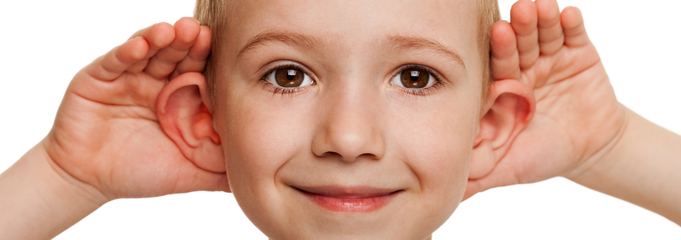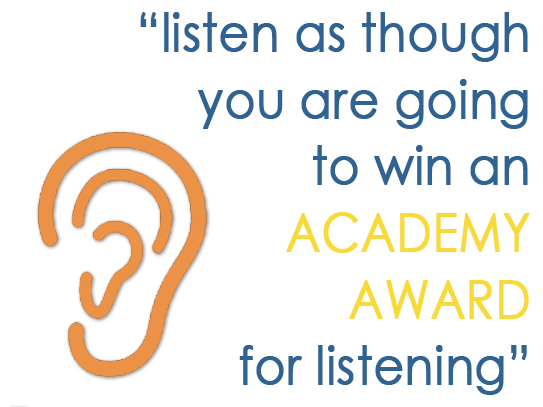
Mindful Listening – an incredible tool for working with parents
In one of our Bringing Up Great Kids parenting groups, after our first practice of Mindful Listening a mother started to cry. She told us “I have never felt listened to like that in my whole life – it felt so good “
Throughout the Bringing Up Great Kids Parenting Program (BUGK) are embedded mindful awareness practices similar to mindful listening. It is powerful experiences of parents themselves that have encouraged us to ensure such opportunities are an ongoing theme in how we work with parents.
Research is another reason – current research tells us that when parents relate to their children with mindfulness they activate a part of their brains (the medial prefrontal cortex) which allows their defensive system to slow down, putting them in a more relaxed state and allowing them to think and act more rationally and be more present to their children’s needs. Furthermore, children in families where parents practice mindfulness show increased positive and decreased negative interactions with their siblings.
Mindful Listening is one of the exercises that we practice every week in BUGK. Parents are invited to break into pairs and one parent is given the opportunity to talk for 2-3 minutes about what’s on their mind (in relation to their parenting). Then the activity is reversed so that both parents have the experience of talking without being interrupted and being listened to with full attention.
We take our definition of Mindful Listening from Thich Nhat Hahn, the famous Vietnamese Mindfulness Teacher
“in mindful listening we listen with the sole purpose of helping the other person feel heard and accepted”
Feedback from our three year evaluation of BUGK undertaken by the Australian Institute of Family Studies, highlighted that parents found this mindful listening exercise very challenging initially but after a couple of weeks, reported that it was one of the most important elements of each session.
 In BUGK we challenge parents to “listen as if they were going to win an Academy Award for listening”
In BUGK we challenge parents to “listen as if they were going to win an Academy Award for listening”
Learning this skill means spending some time in the group exploring what it feels like when someone really listens to us? Identifying what they are “doing”? Listening is very much a “doing” word – it’s not just the time where we wait for our turn to talk – it requires us to tune into what the other person is saying and create a listening space where they feel heard without judgement or “fixing”/offering solutions.
In our groups, we observe that often, when someone is talking, we are just waiting for them to finish so we can offer our opinion or tell them how to fix it. By bringing awareness to the way that we listen, we are able to stay open to what the other person is saying and recognize our own judgments and thoughts as they arise. Our intention in the mindful listening exercises is to pay careful attention without interruption, without getting defensive, and without a need to always be right or make a point. Sometimes easier said than done!
The great thing about Mindful Listening is that it benefits both the listener and the “listenee” (think I just made up a new word!), i.e. the person being listened to.
We remind parents in our groups that the Chinese symbol for listening is made up of 6 different parts. We listen with
- our eyes,
- our ears,
- an open heart,
- undivided attention,
- without judgment ,
- and as if listening to a king
After a few weeks practice of mindful listening in the BUGK Program the facilitator will often put the challenge out to parents ,
“How do you think it would be if sometimes we listened to our kids like this?…”
In the final session of a BUGK Program in Queensland last year we were discussing the impact that the Mindfulness Practices from the last few weeks had had on our lives.
One parent made this profound observation “it’s just so powerful, everything at home is still the same, but it’s different. I am calmer, I listen carefully to my boys, especially when they are having “big feelings“, the boys seems to fight less and everyone just seems happier”
A dad reflected “this stuff you are teaching is not just for our kids but also for other people like family and friends. It really works”
Yes we know that when we have had a rough day, when things haven’t worked out for us or we are tired, grumpy, angry or sad what we most need from those closest to us is to hear the words
“Here, sit down with me , It sounds like you’ve had a crazy day – tell me about it “
Aaaahhh, that feels so good! Perhaps we could all practise our mindful listening a little more often?
- How good are your listening skills? As a professional? As a parent?
- In what ways are you incorporating mindfulness or mindful listening into your practise?
